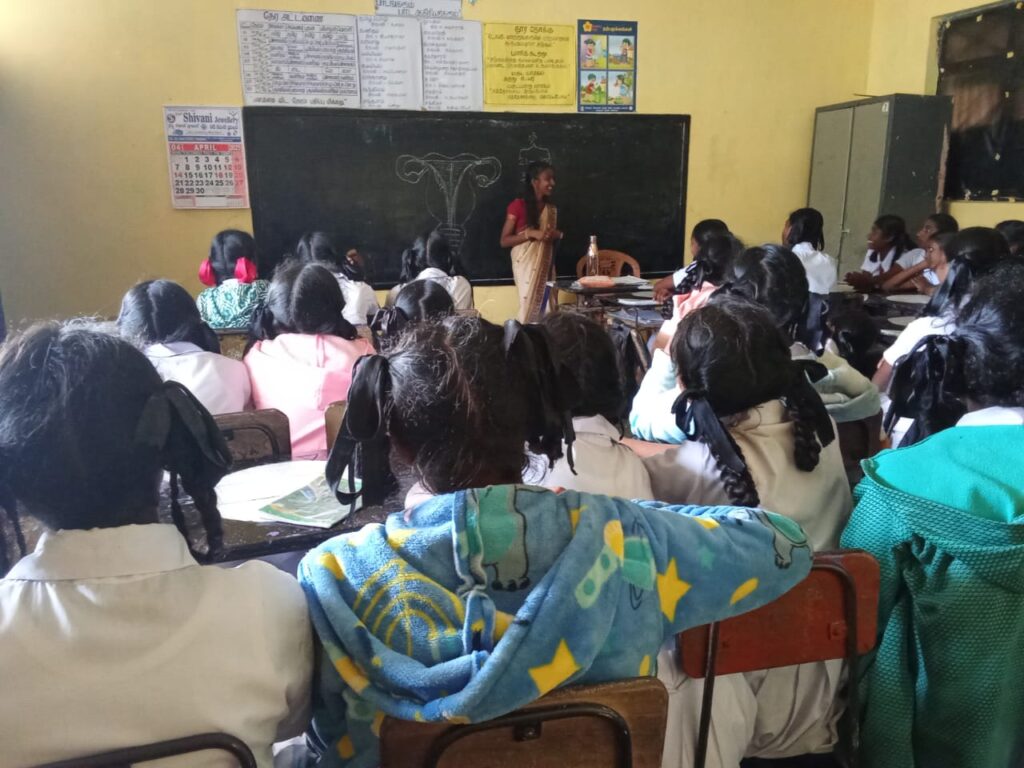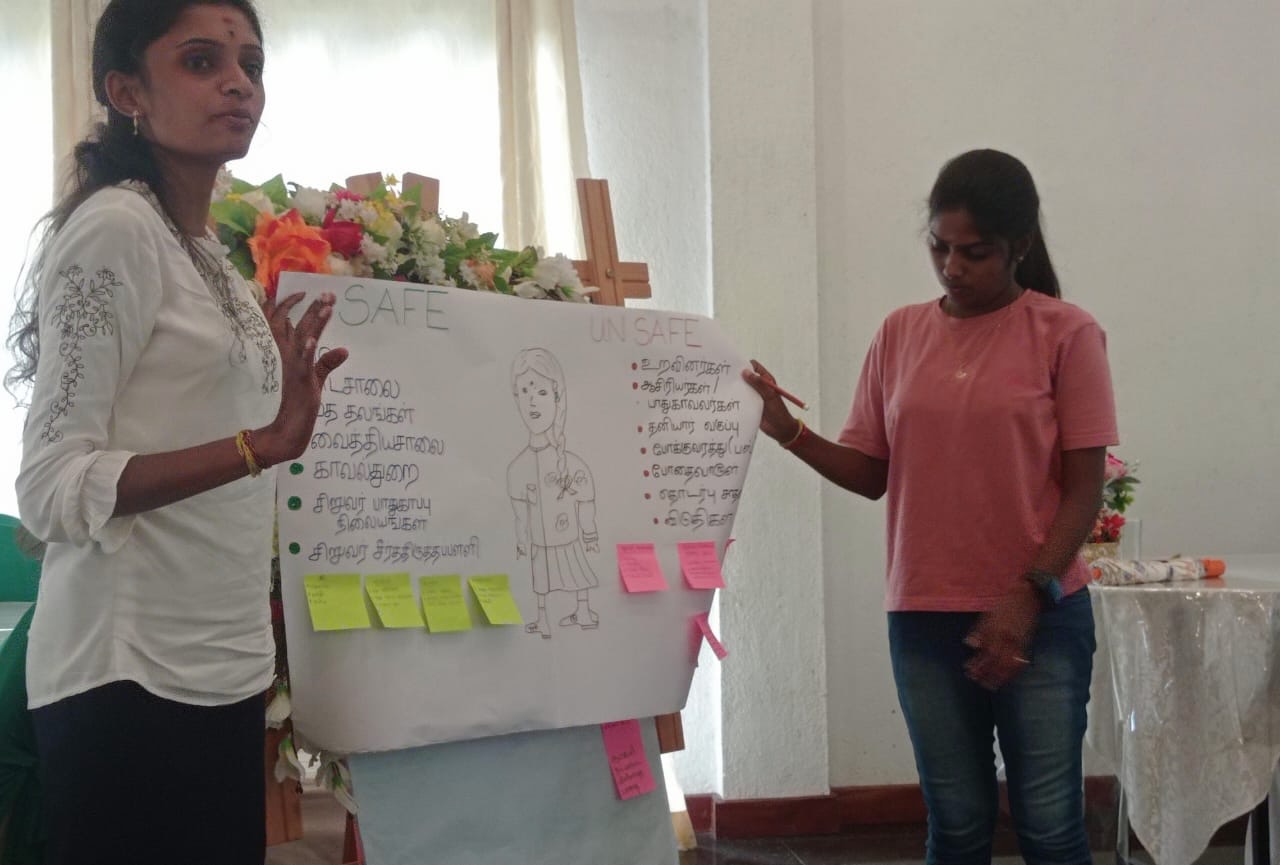taboo subject menstruation – reusable sanitary pads
Girls have very little or no knowledge about reusable sanitary pads, and also do not know about personal hygiene during menstruation. In rural areas, women and girls often do not have access to sanitary products, know very little about the types and methods of use, or cannot afford such products due to the high cost. In the mountains, girls and women still often use old scraps of cloth, which are buried or thrown away after use. These are then often dug up again by dogs, monkeys and wild boars.
People often avoid topics related to menstruation and how to deal with menstrual hygiene. Menstruation is a silent issue in girls’ lives that also affects the school environment. Between the ages of 10 and 13, the situation unfortunately worsens for girls due to a lack of knowledge about preparing for and dealing with menstruation or due to shyness and shame. 60% of girls stay away from school during the time of their menstruation, lose a lot of learning material and even drop out of school for this reason.
In many schools, both male and female teachers are unwilling to talk to students about menstruation and menstrual hygiene.
This project aims to prepare girls on the topic through trained counselors, to understand menstrual practices, and to learn about reusable sanitary pads and how to use them.

For all these reasons, Lankahelp trains female counselors to start an awareness campaign in schools.
The first step is to educate about the body, menstruation, hygiene during menstruation and how to use sanitary pads.
The second step is the education about the handling of the reusable sanitary pads, their cleaning and storage.
Since the climate in the mountains is sometimes extremely humid, we have developed special reusable sanitary pads together with Mayomi from the women’s initiative. These are produced by Mayomi and her women.

